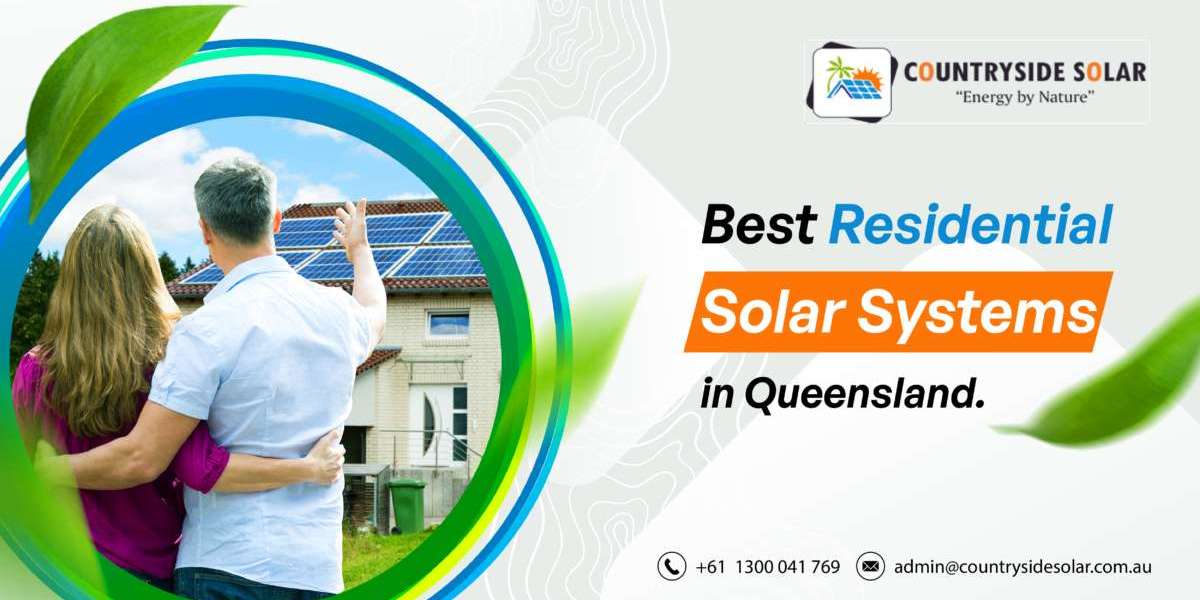Maintaining a residential solar system in Queensland is essential to ensure optimal performance, efficiency, and longevity. This blog provides practical maintenance tips tailored to Queensland's climate and environmental conditions, helping homeowners maximize the benefits of their solar investment.
Regular Cleaning and Inspection
Cleaning Schedule: Queensland's climate, characterized by dust, pollen, and occasional storms, necessitates regular cleaning of solar panels. Clean panels every 3-6 months or as needed to remove dirt, bird droppings, and debris that can obstruct sunlight and reduce efficiency.
Cleaning Method: Use a soft brush, sponge, or squeegee with mild soap and water to gently clean solar panels. Avoid abrasive cleaners or high-pressure water, which can damage panel surfaces.
Safety Precautions: Exercise caution when accessing rooftop panels, ensuring proper ladder safety and using appropriate footwear to prevent slips and falls.
Monitoring System Performance
Use Monitoring Tools: Many solar systems come with monitoring software that tracks energy production in real-time. Monitor daily or weekly to detect any performance issues early, such as reduced output due to shading or equipment malfunctions.
Data Analysis: Analyze energy production patterns over time to identify trends and optimize system performance. Compare actual energy generation with expected outputs to ensure the system operates efficiently.
Professional Inspections and Servicing
Schedule Regular Inspections: Arrange annual inspections by accredited solar technicians to assess system components, inverters, wiring, and connections for signs of wear, corrosion, or damage.
Inverter Maintenance: Inverters are critical components that convert solar-generated DC electricity into usable AC electricity. Ensure inverters are properly ventilated and functioning optimally to maintain overall system efficiency.
Storm Preparedness
Secure Mounting Systems: Queensland occasionally experiences severe weather events, including storms and cyclones. Ensure solar panels are securely mounted to withstand strong winds and extreme weather conditions.
Insurance Coverage: Review home insurance policies to ensure adequate coverage for solar system components against storm damage or natural disasters.
Warranty Compliance
Follow Manufacturer Guidelines: Adhere to warranty requirements, including regular maintenance and servicing, to preserve warranty coverage for solar panels, inverters, and other system components.
Conclusion
Regular maintenance is crucial for preserving the efficiency and longevity of residential solar systems in Queensland. By implementing these maintenance tips, homeowners can optimize energy production, maximize financial savings on electricity bills, and contribute to environmental sustainability. Queensland's sunny climate and supportive policies make solar energy a reliable and cost-effective choice for residential electricity generation. In the final blog of this series, we will explore the future outlook of residential solar systems in Queensland, including emerging technologies and sustainability trends shaping the solar industry.







